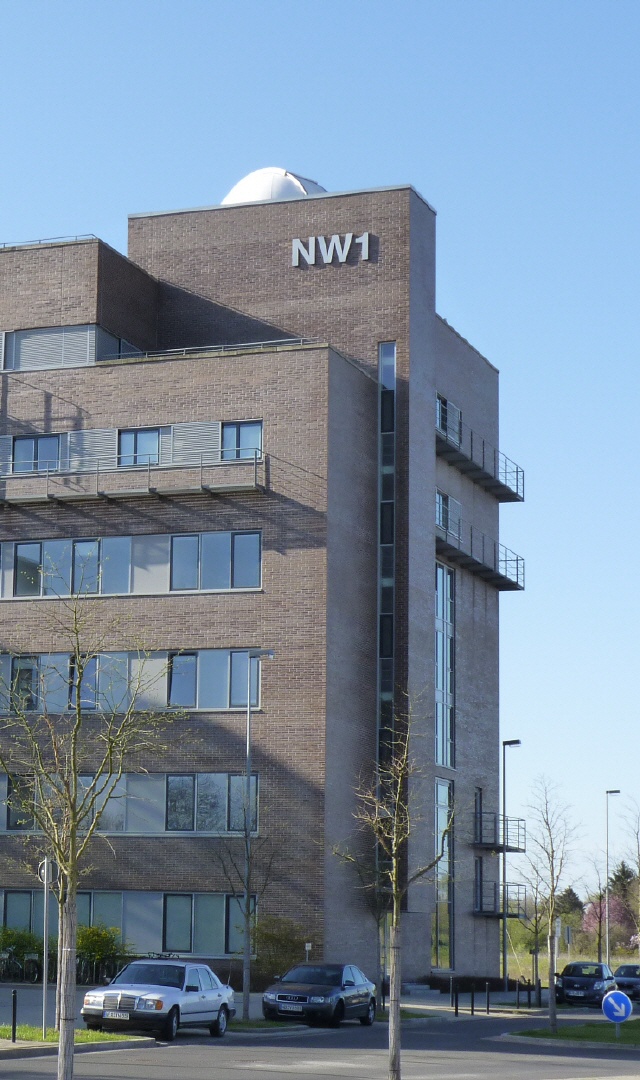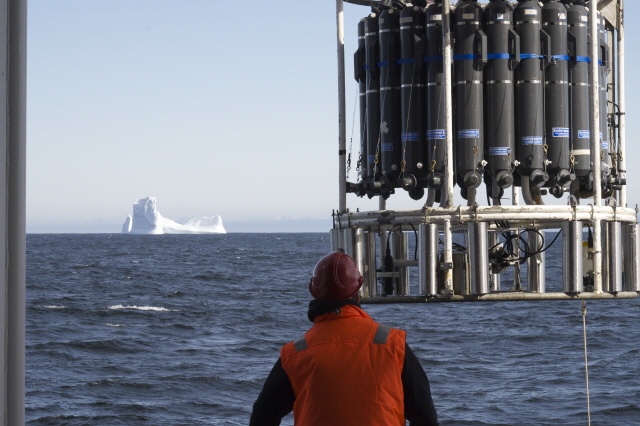IUP / Fields of Activity

The research group Physics and Chemistry of the Atmosphere is focussing on measurement driven research to improve the understanding of natural and man-made processes modifying the composition of the atmosphere. This includes research on air quality, ozone chemistry and greenhouse gases. Main measurement technique is remote sensing of atmospheric composition using spectrometers on ground, ships, aircrafts and satellite. This is complemented by laboratory spectroscopy, in-situ measurements and modelling. Since over two decades the department is stimulating satellite remote sensing applications with new sensor concepts, starting with GOME and SCIAMACHY and continuing with Sentinel-5P, Sentinel 4 (proposed by IUP PCA as GeoSCIA) and most recently the COPERNICUS CO2 Monitoring mission (concept proposed by IUP PCA as CarbonSat).
The research group Remote Sensing is likewise made up of several work teams doing atmospheric science using FTIR-spectrometers and microwave radiometers from the ground. Other groups are using satellite data to do special cartography of surface properties such as sea ice maps.

The ocean influences our climate in many ways. Oceanic currents transport large amounts of heat around the globe and cause an additional heating or cooling of the continents. The ocean takes up considerable amounts of greenhouse gases that otherwise would be stored within the atmosphere and thereby would contribute to the heating of the atmosphere. The research group Oceanography investigates changes in these climate-relevant processes in the ocean by applying a wide spectrum of modern experimental methods.
Since 2016, the newly established research group Inverse Modeling of the Earth System hosts the working group Laboratory for Modeling and Observation of the Earth System (LAMOS). LAMOS aims at improving our understanding of the complex mechanisms controlling the emission, transport, transformation and deposition of atmospheric pollutants using both state-of-the-art numerical models and novel instrumentation. Special focus is given on a) the investigation and assessment of anthropogenic and natural emissions' impact on air quality and b) on the quantification of sources and sinks of long-lived and short-lived species using satellite observations as proxies.
The research group Climate Modelling belongs to the Faculty 1 of the University of Bremen and is part of the Institute of Environmental Physics (IUP). In cooperation with the group "Earth System Model Evaluation" located at the Institute of Atmospheric Physics of the German Aerospace Center (DLR), the department analyses Earth system model simulations of the Coupled Model Intercomparison Project (CMIP) in combination with observations to better understand and project the climate system and anthropogenic climate change. The evaluation of ESMs with observations is crucial for an improved process understanding of the climate system and is also a vital prerequisite for more trustworthy climate projections of the 21st century needed as basis for guidelines in climate policy. The group’s tasks in particular include the development and application of efficient methods for ESM evaluation and the development of new numerical tools to analyse large data sets.

